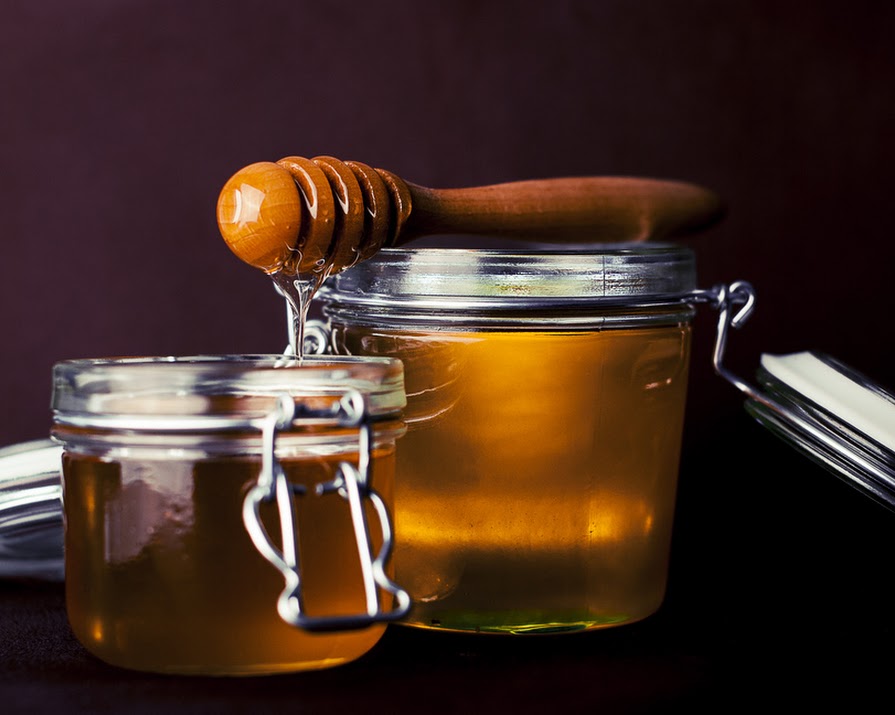
By IMAGE
16th Nov 2015
16th Nov 2015
Who among us doesn’t love sweets? The sweet flavor releases serotonin in our brains, the chemical responsible for our sense of well-being and contentment. But when it comes to sweeteners, not all are created equal. There are side effects and health risks from refined sweeteners like white table sugar and high-fructose corn syrup, and from artificial sweeteners like NutraSweet, Saccharin and Splenda.
Since refined sweeteners have been stripped of vitamins, minerals and fiber, they can spike blood sugar, which can often lead to cravings and mood and energy fluctuations. Instead, try using naturally and minimally processed sweeteners can reduce cravings for sugary things.
Here are a few natural sweeteners to substitute in drinks, food and baking. Since they are all approximately 1.5 times sweeter than refined sugar, you can use less. You can find them in most supermarkets or natural food stores. Just a quick note, when replacing sugar with liquid sweeteners in a recipe, reduce the amounts of other liquids.
Raw Honey
Everyone seems to love honey, one of the oldest natural sweeteners on the market. Honey will have a different flavor depending on the plant source. Some are very dark and intensely flavored. Wherever possible, choose raw honey, as it is unrefined and contains small amounts of enzymes, minerals and vitamins.
Brown Rice Syrup
Brown rice syrup is brown rice that has been grounded and cooked, the starches are then converted into maltose. The taste is similar to butterscotch.
Maple Syrup
Maple syrup is the concentrated extract of the sap of maple trees. It adds a rich, deep flavor to foods and drinks. Make sure to look for 100% pure maple syrup, not maple-flavored corn syrup. As with all sweeteners, organic varieties are best.
Maple Sugar
Maple sugar is created when the sap of the sugar maple is boiled for longer than is needed to create maple syrup. Once most of the water has evaporated, al that is left is the solid sugar. Maple sugar is about twice as sweet as refined sugar but much less refined.
Molasses
Organic molasses is probably the most nutritious sweetener. It is derived from sugar cane or sugar beet, and is made by a process of clarifying and blending the extracted juices. The longer the juice is boiled, the less sweet, more nutritious, and darker it becomes. Molasses imparts a very distinct flavor to food. Blackstrap molasses, the most nutritious variety, is a good source of iron, calcium, magnesium, and potassium.
Rapudura
This branded name product is made by a process of extracting juice from the sugar cane plant, evaporating the water from the juice and then grinding the mix into a fine powdery texture. Rapadura is an unrefined, organic product rich in vitamins and minerals.
Stevia
Native South Americans have used this leafy herb for ages. The extract from stevia is 100 to 300 times sweeter than white sugar. It can be used in baking, cooking, and beverages. It doesn’t affect blood sugar levels and has ZERO calories. Stevia is available in powder or liquid form but be sure to get the green or brown liquids or powders because the white and clear versions are highly refined.
Sucanat
Short for Sugar Can Natural, this brand name product consists of evaporated organic cane sugar made from a mechanical process vs. chemical process, making it less refined, retaining much of the sugarcane’s original vitamins and minerals. It has a grainy texture and can be used as a substitute for white sugar.
Vegetable Glycerin
Vegetable glycerin is a colorless, odorless liquid with a very sweet taste and the consistency of thick syrup. It is derived from coconut and palm oils. As a sweetener, it is ideal for candida patients because it does not contain sucrose.
Xylitol
Is a natural occurring alcohol sweetener extracted from corn cob and birch. It looks and tastes like white sugar, without any unpleasant after-taste like some of the other sweeteners. This sweetener has been found to reduce level of decay causing bacteria in saliva and helps to fight plaque. It is a great substitute for baking. Although it doesn’t contain any nutritional benefits-it also doesn’t spike blood sugar levels. (just a quick note for dog owners – this sugar is lethal for dogs, so keep your loved pets away from it)
So there you have it, a list of healthier substitution for refined white sugar. Although these are better options, sugar is still sugar, so please use in moderation.
BY Kaman Ryan























